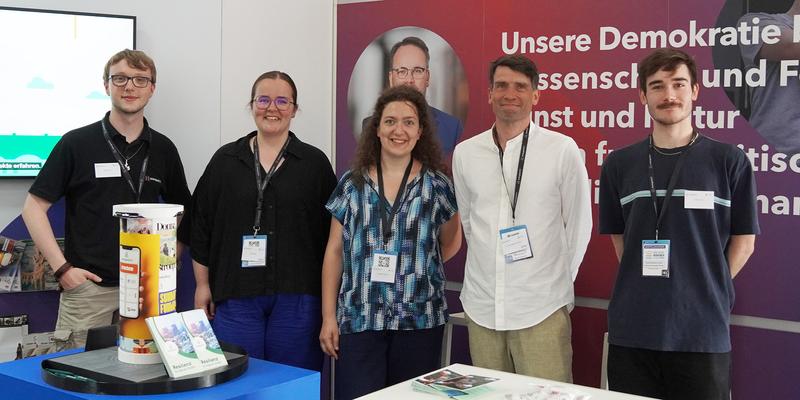Date: Tuesday, 25.06.2024, 3:45pm
Speaker: Prof. Francesca Meneghello, University of Padova
Title: Adversary Attack to IEEE 802.11 MU-MIMO Precoding Through Compressed CSI Feedback Poisoning
Venue: S2-20/09-10 in presence and online via Zoom
Abstract
Multi-user MIMO is a key component of modern wireless networks. As such, investigating the related security issues is a compelling necessity. A major issue unveiled by existing work is that adversaries can “poison” the channel state information feedback reported to the beamformer to decrease the performance experienced by a legitimate user. Prior work, however, assumes that the feedback is reported in an uncompressed fashion, which is not the case in real-world wireless standards such as Wi-Fi or 5G. In this talk, I will present a system that makes it possible for an adversary to arbitrarily reduce the throughput of legitimate users by sending to the access point poisoned feedback, which is obtained by solving a non-convex constrained optimization problem. The attack is standard-compliant and has been prototyped and tested on commercially available Wi-Fi routers and smartphones. Through extensive experimental evaluation in multiple network configurations and locations, we show that by using the attack, an adversary is able to decrease the throughput at legitimate stations by 65% modifying only about 17% of its feedback.
About
Francesca Meneghello received her Ph.D. degree in Information Engineering in 2022 from the University of Padova and is currently an Assistant Professor at the Department of Information Engineering at the same university. In 2023, she was a visiting researcher at the Institute for the Wireless Internet of Things at Northeastern University (USA) on a Fulbright-Schuman fellowship. She received the 2022 GTTI Ph.D. award for Ph.D. Theses in the field of Communication Technologies and the Fall 2022 IEEE DataPort Dataset Upload Contest award in the Machine Learning category. Her research interests include sensing-assisted algorithms for context- and energy-aware wireless networks, and communication-assisted approaches for remote radio frequency sensing through deep-learning architectures.



